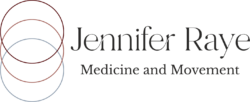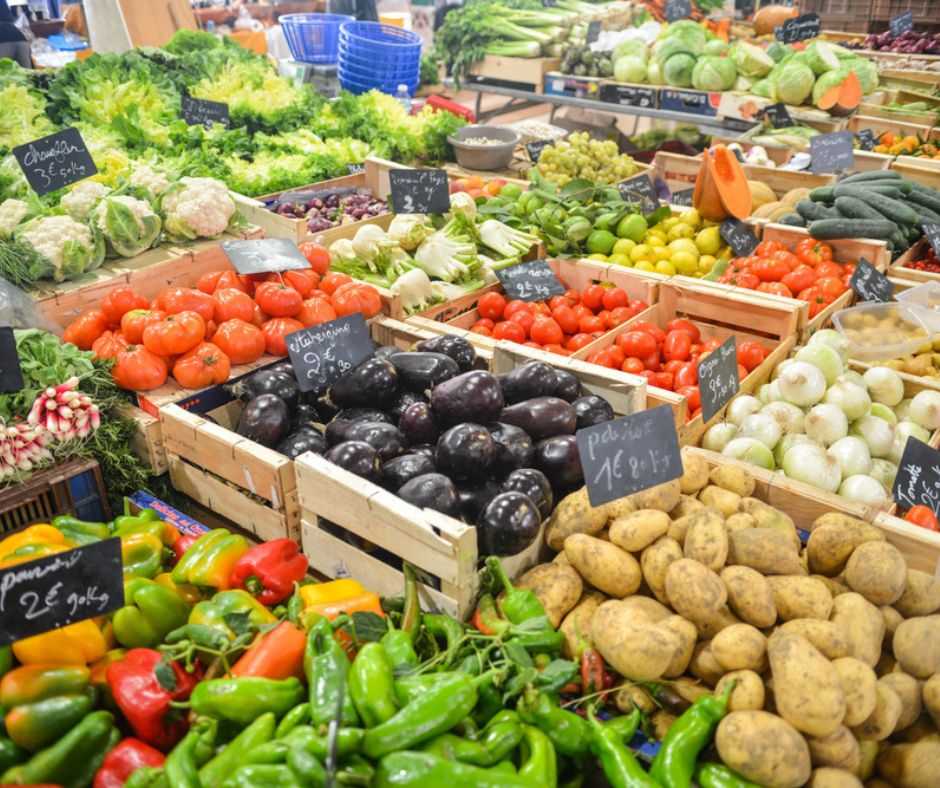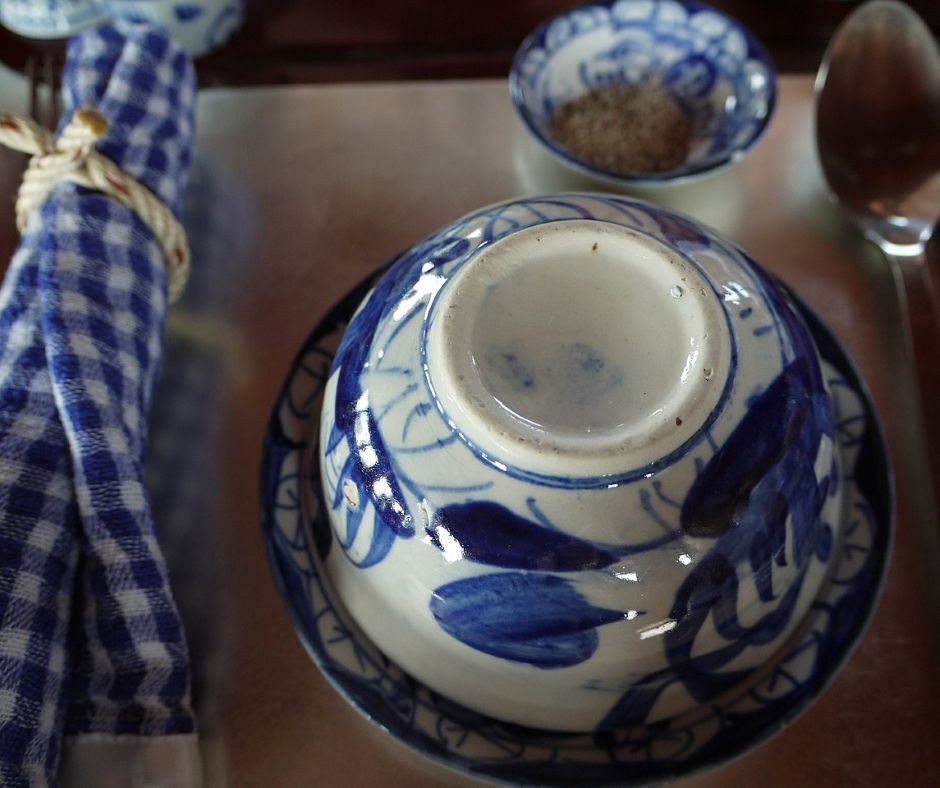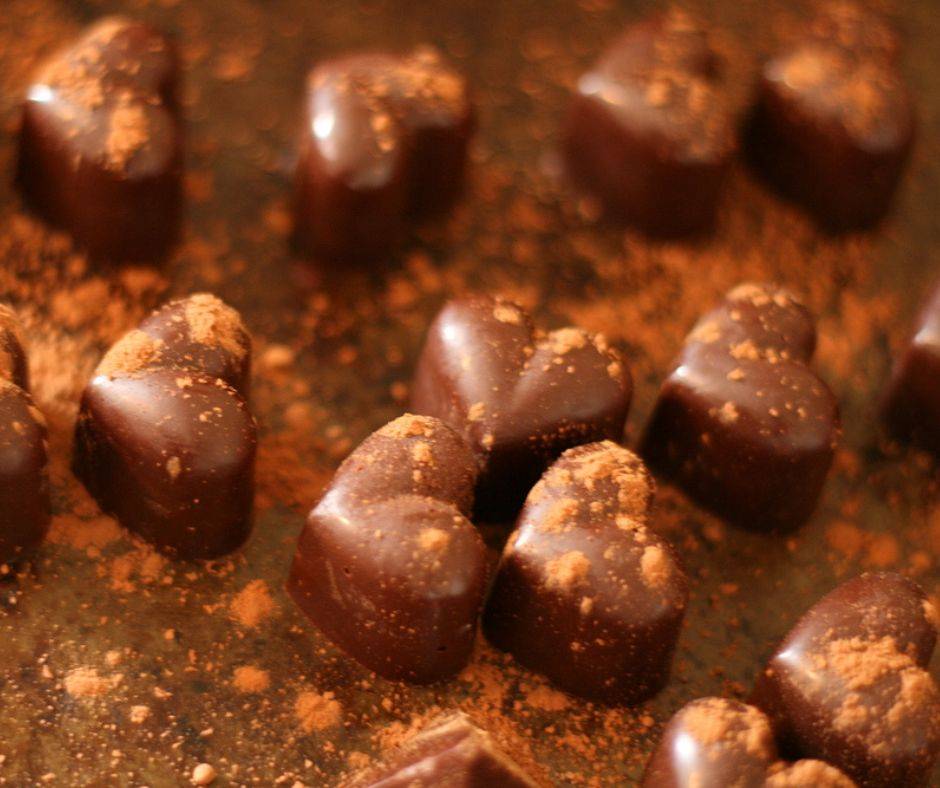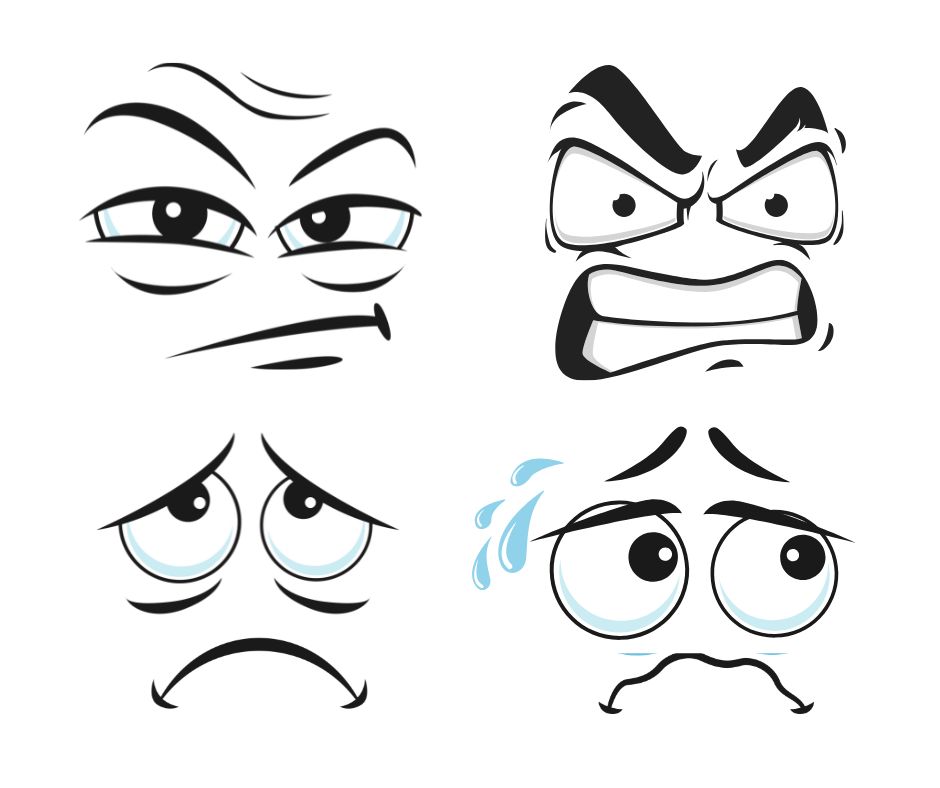Food is a powerful healing force. The food we choose to eat ultimately affects our lives, our moods, and our physical state. Holistic nutrition and cleansing practices were two of the first areas I began to explore as I healed my own health issues. Today, these two modalities, along with movement and herbal medicine, are central pillars in the work I do in my private practice with patients and students.
Holistic nutrition teaches that types of food, how food is prepared and combined, how we relate to food, and who we eat it with, are all factors in healing. It also recognizes that health and wellbeing is reliant on stress levels, exercise, and relationships. This framework provides a well rounded approach to health care.
Each person is unique, and holistic nutrition pays attention to the whole person. Looking at food choices in a holistic way means your diet needs to change dependent on age, lifestyle, seasons, and states of health and disease. When learning about nutrition it’s important to acknowledge there are still many questions and contradictions within the field, and ultimately, figuring out how to eat in a way that is both realistic and healthy for you is a deeply personal process of experimentation.
If you’re using holistic nutrition to heal a specific ailment, there are no quick fixes. Especially within the context of commercial interests that want to sell the next “miracle solution”, it’s easy to want specific answers about what is “good” and “bad”. But true and deep healing is most often a gradual process. Food has important therapeutic value, but its effects are often less drastic and less specific than pharmaceuticals or medicinal herbs.
Ultimately we need high quality food and a knowledge of which foods are good for particular imbalances. When I work with clients I use a variety of foundational concepts to create a holistic diet plan. Following are a number of holistic nutrition pillars that guide my work:
Attention to Traditional Diets
Traditional diets, that sustained cultures around the world for thousands of years, emphasized whole grains, beans, locally grown vegetables, fruits, small quantities of fish and wild animal meat, and natural condiments, herbs and spices. When looking at the span of human life on earth, it was only fairly recently that industrial farming practices, and the use of fertilizers, pesticides, and herbicides became common place. These practices dramatically increased food production and crop yields, but they also ushered in an era of new technologies that enhanced shelf life and a greater amount of food processing.
Today, the conventional western diet has a high consumption of animal foods, and processed foods (refined, hydrogenated, and with added ingredients like sugar, refined salt, and man made chemicals). Weston A. Price was one of the first researchers to notice a connection between the “standard American diet” (S.A.D) of heavily processed foods, and western health problems. In contrast, traditional societies had nearly no heart disease, cancer, osteoporosis, diabetes or hypertension.
Western Nutrition
As diets become less diverse, nutrient deficiencies (mostly minerals) due to food processing and production become more prevalent. In turn, many of these deficiencies lead to degenerative disease. Western nutrition primarily divides food into nutrients. This approach provides a valuable contribution to our understanding of food as medicine. By identifying certain deficiencies or excesses one can use food nutrients therapeutically to balance the body.
Combing this scientific nutrient based approach with an understanding of traditional diets provides a rich and thorough foundation for any diet plan. However, nutrients are not enough on their own. Knowledge of how food works on an energetic level, and remaining aware of how food affects each unique person differently is equally important.
Ayurveda and Traditional Chinese Medicine
Ayurveda (Traditional Indian medicine) and Shi Liao (Chinese food therapy) are systems that were created using a plant based, whole, fresh, seasonal, and regional diet. These holistic models provide a framework that outline the energetic effects of food. Each system has complex diagnostic methods for determining constitutional types, as well as pathological states.
Within these energetic models, characteristics like thermal qualities, actions on meridians, directions, and therapeutic effects inform a deeper understanding of each food. Integration of an eastern understanding doesn’t mean one must only use Chinese or Indian foods, spices, and herbs. Instead, this energetic view of food can be applied to any diet regardless of culture or specific preferences. Through an understanding of the energetics of food, a much more nuanced approach to food therapy can be achieved.
Hydration, Cleansing, and Fasting
The importance of hydration to overall health cannot be understated. Our bodies are made of water! Water provides detoxification, lubrication, and helps with assimilation, among many other important functions.
Fasting and cleansing have been used historically as a healing remedy throughout almost every major culture and spiritual tradition. Many people today encounter a high exposure to toxins on a daily basis. Cleansing techniques can be used to counteract this toxic overload and can support the bodies natural detoxification pathways. Cleansing can be used by those who are healthy, and those who are unwell. Some people find cleansing with the seasons helpful, while others use cleansing to clear out old emotional patterns, or to reset the diet. Again, these choices are personal and they are dependent on you health goals.
Food as a Healing Art
When we focus on eating whole unrefined foods, eating in harmony with nature, and choosing foods based on our unique constitution and circumstance, we discover that food selection, preparation, and eating is a healing art. This art is a paradox; beautifully complex, yet profoundly simple. Using food as medicine invites us to be our own advocate and take our health into our own hands.
